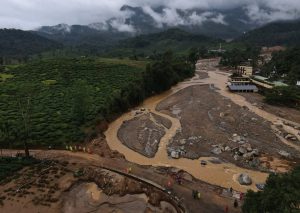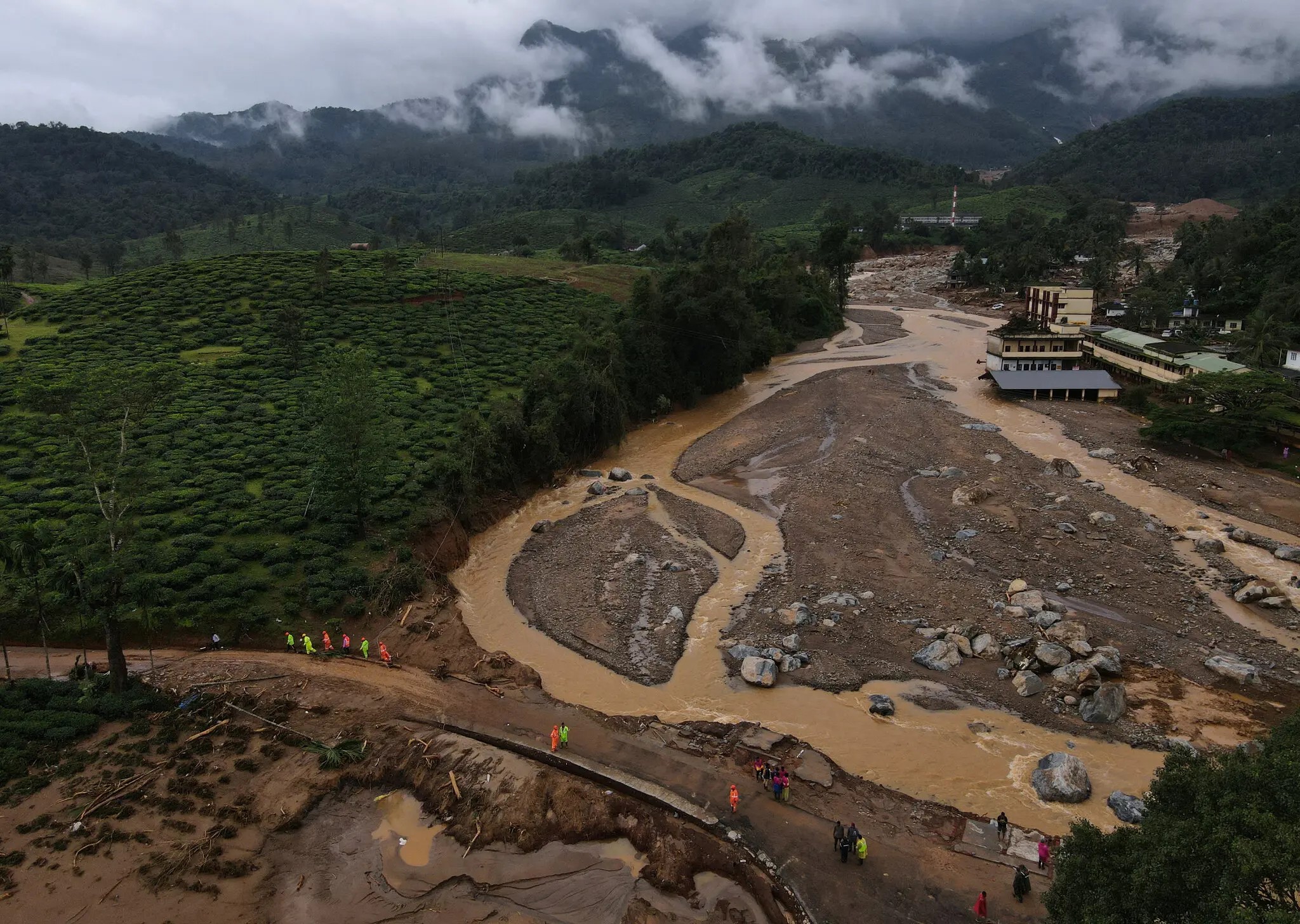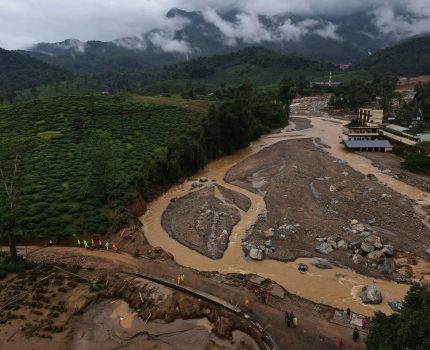Humanitarian Action or Alibi: Inequality Amidst Humanitarian Efforts
As the number of armed conflicts and natural disasters causing humanitarian emergencies continues to rise, the role of humanitarian actors is more crucial than ever. This JustHumanitarian blog aims to raise awareness, provide thoughtful insights, and engage a broad audience in discussions on key global challenges—from disaster relief and refugee crises to human rights and sustainability. However, is there a glaring element that has been overlooked that further perpetuates inequality amidst humanitarian action?
Are Natural Disasters Natural?
This opening introduction from JustHumanitarianism brings a reflective and critical question to analyse: Are natural disasters indeed natural? Is the use of these terms a way to divert attention from the root issues, leading to the sensationalizing and simplifying of complex crises?
Reflecting on the text from Carbon Colonialism, Dr. Laurie Parsons highlights that the intersection of dangerous hazards with vulnerability and economic inequality is not an accident of geography but rather a consequence of a global economy. This economy shapes vulnerability and ensures that some parts of the world remain more susceptible to climate change than others (Parsons, 2023).

The site of landslides in Kerala, India.Credit:Francis Mascarenhas/Reuters
Manufacturing disaster is a reality and a consequence of historical and ongoing global dynamics. Two centuries of carbon emissions may have increased the risk of natural hazards, but five centuries of domination shape the context in which they occur. Allowing disasters to happen is a choice that society continues to make. Thus, natural disasters are, in essence, economic disasters.
The funding structure of international entities, dominated by powerful nation-states, ensures that actors from the Global North remain prominent in humanitarian decision-making (Roth, Purkayastha, & Denskus, 2024). This dominance may lead external humanitarian actors to overlook the unintended consequences of foreign aid, such as providing emergency relief to economic disasters. This could also lead to a backlash effect, which often finds its roots in anti-colonialism. With centuries of dispossession and exploitation under the guise of ‘progress’ have led to a deep-seated suspicion of foreign (especially Western) interference, passed down through generations (Koch, 2024, p. 27).
Furthermore, what effects does humanitarian aid or emergency relief have on unintended migration and resettlement, whether voluntary or involuntary? For example, migratory pull effects may incentivize people to migrate or temporarily move to the site of aid intervention. Do these activities create more dependence, and does humanitarian aid obscure the economic and political factors contributing to these events?
A way forward
There is an opportunity for humanitarian practitioners, particularly in the communication for development sector, to reconsider the language used. Referring to these events as economic disasters instead of natural disasters could highlight the systemic issues where the environmental cost of wealth generation is paid in places far from where that wealth is accumulated (Parsons, 2023).
Bringing the combined topic of climate and social injustice further into the mainstream is highly relevant for communication for development. It helps critically analyze the current status quo, better understand the politics and power relations shaping media and political thinking and is key to achieving meaningful action on climate change, which will continue to distress livelihoods in some of the world’s most geopolitically unstable regions.
REFERENCES
Parsons, L. (2023). Carbon Colonialism. Manchester University Press.
Roth, S., Purkayastha, B., & Denskus, T. (Eds.). (2024). Handbook on Humanitarianism and Inequality. Edward Elgar Publishing.
Koch, D.-J. (2024). Foreign Aid and Its Unintended Consequences. Routledge.


This blog post makes you think differently about “natural disasters”. The suggestion that we change how we talk about these events to show the unfairness in the world is important. If we instead want to call them “economic disasters” depends, I think, on what will make people react. I agree with you that it is and will be even more important to talk about these things. It is important that people all over the world know what consequences their habits have, perhaps not only for the environment but also for people in other parts of the world.
One is wondering what specific strategies practitioners can use to challenge the dominant narratives and ensure more equitable and participatory approaches to disaster response?
Thanks for contributing to the conversation Catrine – steps that practitioners could consider is to stimulate cooperation in the sector with strong minimum enforceable standards on “doing no harm” and taking side effects more seriously.
Hi!
The title really caught my attention, as I’m currently witnessing the politics of disaster close to home in Valencia. The recent floods that struck the region have caused deaths and devastation, partly due to failures in emergency alerts and the dismantling of emergency units by the current regional government.
While the floods themselves were inevitable, the scale of the catastrophe is undoubtedly a consequence of political negligence.
On a more academic note, I enjoyed reading “Acts of Aid” by Eleonore Marcussen. She explores the impact of colonialism on the emergency response to the 1934 earthquake in India and Nepal. It’s a thoughtful and well-written work!
Thanks very much for your post!
Eva (group 5)
Really nice to read about this and totally agreed that the way in which we choose to call certain realities, can have an impact in how we see them. Do you think people will be more sensitized to the topic of “natural” disasters once they hit closer to home?
A good note Ana – thanks for sharing. The global challenges we are facing will eventually come to everybody’s doorstep. Sustainability progress can only be achieved with international solidarity – so we must, regardless of the proximity respond with meaningful action.